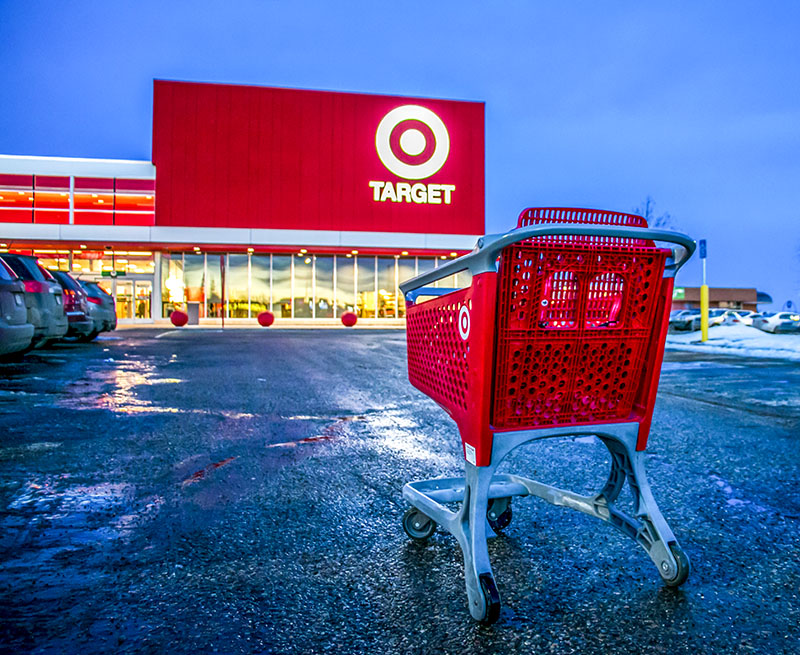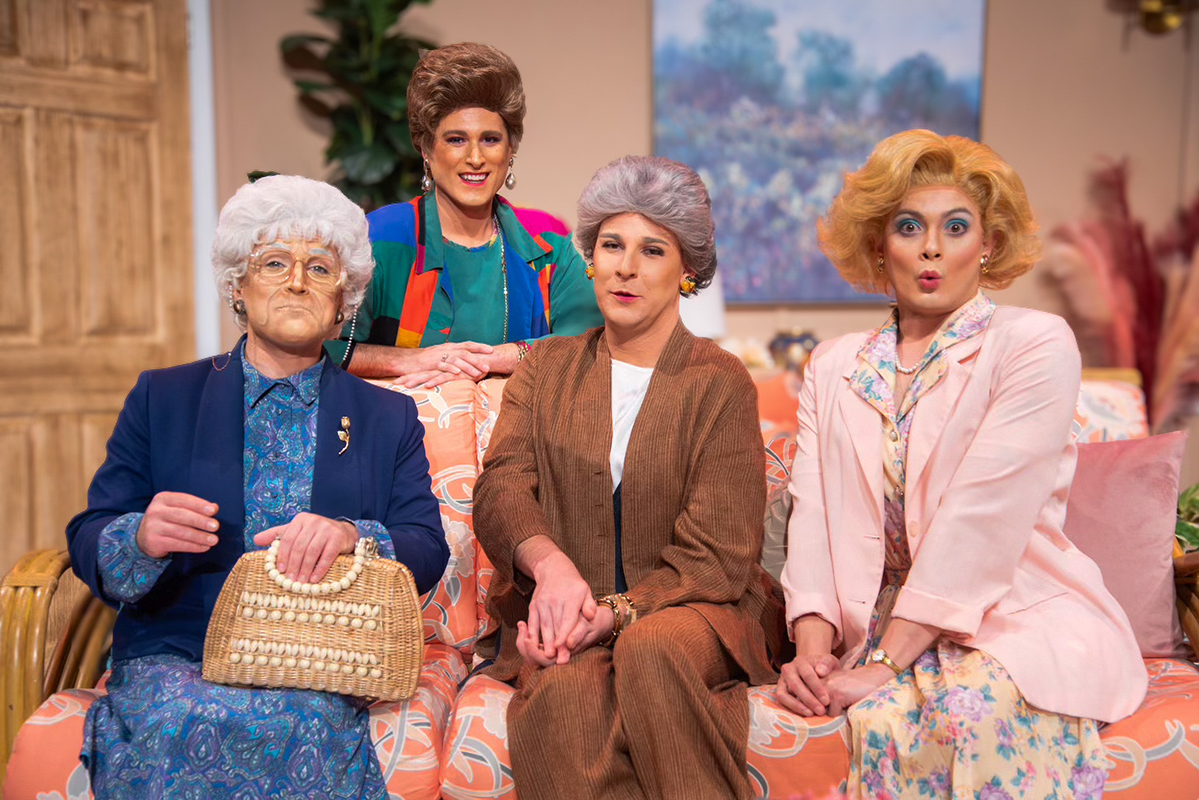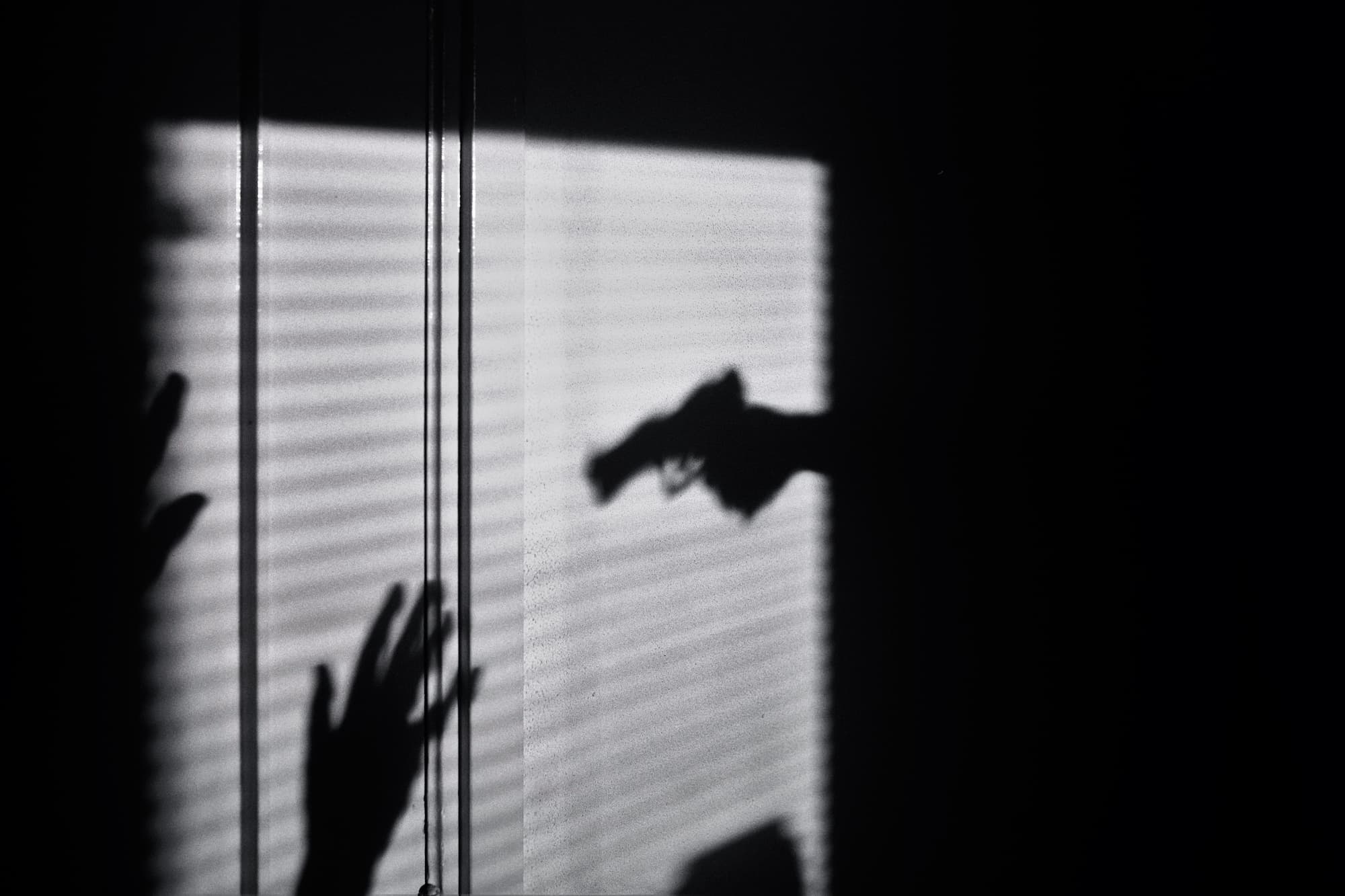Drag Queens Are Hiring More Security Following Club Q Shooting
High-profile performers have taken additional precautions at a time when drag events have been maligned as a form of "grooming."
By John Riley on December 6, 2022 @JRileyMW

A number of prominent drag queens are taking extra steps to protect themselves following last month’s mass shooting at Club Q, an LGBTQ nightclub in Colorado Springs, Colorado.
While the motive for the shooting remains unknown, and the chief suspect, 22-year-old Anderson Lee Aldrich, who has been charged with 305 counts of murder, assault, and hate crime enhancements, reportedly identifies as nonbinary, the general tone in the United States toward drag has been one of hostility.
That hostility was patent during the most recent election cycle, when many ambitious politicians attempted to exploit voter discomfort over gender-nonconformity — whether in the form of drag or transgender identity — to win elections and gain power.
Beyond electoral machinations, right-wing agitators have protested drag-related events such as Drag Time Story Hour, accusing drag performers of seeking to “groom” children or expose them to inappropriate “adult entertainment.” Businesses that hosted drag-themed events have been firebombed or vandalized, and lawmakers in Republican-led states, including Tennessee, Idaho, Florida, and Texas, have promised to pass either a ban on all public forms of drag, or prosecute parents who allow their children to attend drag-related events.
Amid the backdrop of this hostile atmosphere — not to mention general concerns about security in an age of mass shootings — several of the country’s top drag queens have increased security at their events in recent weeks.
“We’re trying to smile and make people happy for the holidays, and in the back of our heads we’re thinking, ‘I hope I don’t get shot,'” Jinkx Monsoon, the winner of season five of RuPaul’s Drag Race and the “All-Winners” season seven of RuPaul’s Drag Race All Stars, told NBC News.
Monsoon said that she has been using metal detectors and creating venue escape routes for U.S.-based events over the past year. But since the Club Q shooting, she has hired armed guards and has started to ban re-entry following the start of her performances.
A report released last month by the LGBTQ media advocacy group GLAAD found that drag events faced at least 124 protests and significant threats of violence in at least 47 states due to protesters’ claims that drag is overtly sexual and inappropriate for children. Many of those events were often first targeted by right-wing media outlets like Fox News and the Daily Wire, or by social media accounts like LibsofTikTok or Gays Against Groomers, which have inspired some people, some of whom have been armed, to go to venues to protest drag-related events in person.
Recently, a drag show in North Carolina — which had been protested for weeks leading up to the event — was disrupted after the lights went out during a county-wide power outage. That blackout was caused by a person or people who shot up two power substations with a firearm, leaving 45,000 residents of largely rural Moore County without power for days. While there is currently no firm link between the drag show and the power outage, speculation has been rampant online, serving only to increase fear among some members of the LGBTQ community.
Opponents of drag have argued that the increased visibility of drag is either an effort to “indoctrinate” young people into supporting LGBTQ rights, and have conflated drag with transgender identity, arguing that attending shows featuring drag performers will promote “gender confusion” and gender dysphoria among youth.
While many drag performers — including the eight who spoke to NBC News for its article — agree that not every drag performance is appropriate for minors, they also argue that just because some shows may require age limits or parental advisory warnings doesn’t legitimize efforts to ban drag performances from the public sphere altogether.
“People need to look at us like they look at any other profession or art forms,” Yvie Oddly, the winner of Season 11 of RuPaul’s Drag Race and a cast member of season seven of RuPaul’s Drag Race All Stars, told NBC News. “There are some things that are not going to be made for the youth, but that does not mean that all of us are out here, like people seem to think we are, trying to ‘convert’ or ‘groom’ or whatever.”
Regarding security at her own shows, Oddly said her management company has requested extra security staff and will check patrons for guns and other weapons by patting them down before allowing them to enter venues.
Alaska Thunderf**k 5000, a podcaster and the winner of season 2 of RuPaul’s Drag Race All Stars, said that she and her staff began plotting out escape routes for each of the venues where she’s slated to perform on her nationwide tour. She says that police squad cars have been stationed down the block from some of the venues she’s performed.
“It’s mortifying that we even have to think about these things for something as joyous and celebratory as a drag show,” Alaska told NBC News. “Why do we have to be worried about where the exits are and where a safe route to get to safety is? It’s terrifying, but that’s the reality of it.”
Target Faces Massive Boycott for Dropping DEI
Black faith leaders have called for a 40-day boycott of retail giant Target for dropping its DEI initiatives.
By John Riley on March 6, 2025 @JRileyMW
Several Black faith leaders are urging members of their congregations to boycott Target in protest of the company's decision to scuttle its diversity, equity, and inclusion (DEI) initiatives.
The retail giant joined a host of other corporations in dropping pro-diversity programs and initiatives in response to threatened boycotts by conservatives and a larger backlash against so-called "wokeness" in the wake of Donald Trump's election to the presidency.
Jamal-Harrison Bryant, the senior pastor of New Birth Missionary Baptist Church in Stonecrest, Georgia, sparked the calls for the most recent boycott.
Ryan Bernier’s Golden (Girls) Ticket
Ryan Bernier has been playing Dorothy in "Golden Girls: The Laughs Continue" for two years and shows no signs of stopping.
By Randy Shulman on March 16, 2025 @RandyShulman
"This is the first time I've had a role for this long," gasps Ryan Bernier. "We just hit our 300th performance of the show in Detroit in January!"
The show is Golden Girls: The Laughs Continue, a warmly loving, gut-bustingly funny stage parody of the hit NBC series that ran for seven seasons from 1985 to 1992, and lives on in perpetuity in reruns. Bernier portrays Dorothy, made iconic by the indomitable and legendary late Bea Arthur, for whom the 6'3" actor is also a dead ringer.
To prepare for the role, which Bernier plays in full drag, he "consumed everything that Bea Arthur had ever done -- and we're talking from Maude to her brief gig on the Star Wars Holiday Special to her brief voiceover role in Futurama. She was a performer who really found a way to bring all of the tools in her toolbox to every project that she picked up.
Texas Man Fires Gun at Relative Who Came Out as Gay
The victim in the incident claims that Donnell Jetters reacted to his coming out by firing a pistol at him.
By John Riley on March 23, 2025 @JRileyMW
Donnell Jetters, of Waco, Texas, was arrested after he fired a gun at a relative who came out as gay.
On March 14, around 9 p.m., police officers were dispatched to a home in the North Lake Waco section of the city in response to a report of a disturbance involving a gun.
The victim in the case called 9-1-1 after escaping from the home but returned to the scene shortly after officers arrived. Investigators discovered that Jetters and the victim, who was a family member, had gotten into an argument after the latter came out as gay.
The family member told police they left the residence after hearing Jetters cocking a pistol. They claimed he later pointed the weapon at them while they were fleeing, according to an arrest warrant affidavit.
Support Metro Weekly’s Journalism
These are challenging times for news organizations. And yet it’s crucial we stay active and provide vital resources and information to both our local readers and the world. So won’t you please take a moment and consider supporting Metro Weekly with a membership? For as little as $5 a month, you can help ensure Metro Weekly magazine and MetroWeekly.com remain free, viable resources as we provide the best, most diverse, culturally-resonant LGBTQ coverage in both the D.C. region and around the world. Memberships come with exclusive perks and discounts, your own personal digital delivery of each week’s magazine (and an archive), access to our Member's Lounge when it launches this fall, and exclusive members-only items like Metro Weekly Membership Mugs and Tote Bags! Check out all our membership levels here and please join us today!
The Magazine
-
Most Popular
 Signature Honors Mandy Patinkin in Emotional Celebration
Signature Honors Mandy Patinkin in Emotional Celebration  Gay Army Reserve Officer in Uniform Sex Video Scandal
Gay Army Reserve Officer in Uniform Sex Video Scandal  A Potent (and Pricey) 'Good Night, And Good Luck'
A Potent (and Pricey) 'Good Night, And Good Luck'  MISTR's Free DoxyPEP Leads to Huge Drop in STI Rates
MISTR's Free DoxyPEP Leads to Huge Drop in STI Rates  'Gray Pride' Protests Hungary's Ban on Gay Pride Marches
'Gray Pride' Protests Hungary's Ban on Gay Pride Marches  Becca Balint: The Pride of Vermont
Becca Balint: The Pride of Vermont  Police Barge into Walmart Restroom to Confront Butch Lesbian
Police Barge into Walmart Restroom to Confront Butch Lesbian  Jared Polis Signs Law Repealing Colorado's Gay Marriage Ban
Jared Polis Signs Law Repealing Colorado's Gay Marriage Ban  Sarah Snook is Astonishing in Broadway's 'Dorian Gray'
Sarah Snook is Astonishing in Broadway's 'Dorian Gray'  Sniffies CMO Eli Martin On Cruising Into the App Store
Sniffies CMO Eli Martin On Cruising Into the App Store
 Becca Balint: The Pride of Vermont
Becca Balint: The Pride of Vermont  Signature Honors Mandy Patinkin in Emotional Celebration
Signature Honors Mandy Patinkin in Emotional Celebration  MISTR's Free DoxyPEP Leads to Huge Drop in STI Rates
MISTR's Free DoxyPEP Leads to Huge Drop in STI Rates  A Potent (and Pricey) 'Good Night, And Good Luck'
A Potent (and Pricey) 'Good Night, And Good Luck'  Sarah Snook is Astonishing in Broadway's 'Dorian Gray'
Sarah Snook is Astonishing in Broadway's 'Dorian Gray'  'Gray Pride' Protests Hungary's Ban on Gay Pride Marches
'Gray Pride' Protests Hungary's Ban on Gay Pride Marches  Jared Polis Signs Law Repealing Colorado's Gay Marriage Ban
Jared Polis Signs Law Repealing Colorado's Gay Marriage Ban  White House Ignores Reporters with Pronouns in Email Signatures
White House Ignores Reporters with Pronouns in Email Signatures  White House Demands NIH Study Transgender Transition "Regret"
White House Demands NIH Study Transgender Transition "Regret"  Air Force Reverses Ban on Pronouns in Email Signatures
Air Force Reverses Ban on Pronouns in Email Signatures
Scene
Metro Weekly
Washington's LGBTQ Magazine
P.O. Box 11559
Washington, DC 20008 (202) 638-6830
About Us pageFollow Us:
· Facebook
· Twitter
· Flipboard
· YouTube
· Instagram
· RSS News | RSS SceneArchives
Copyright ©2024 Jansi LLC.













You must be logged in to post a comment.